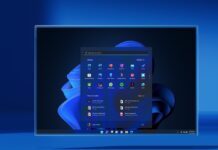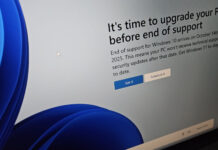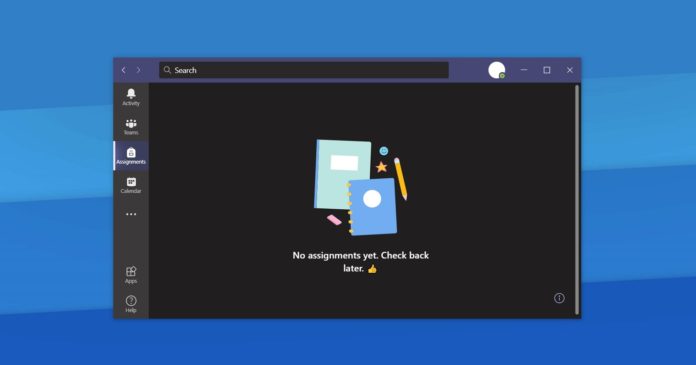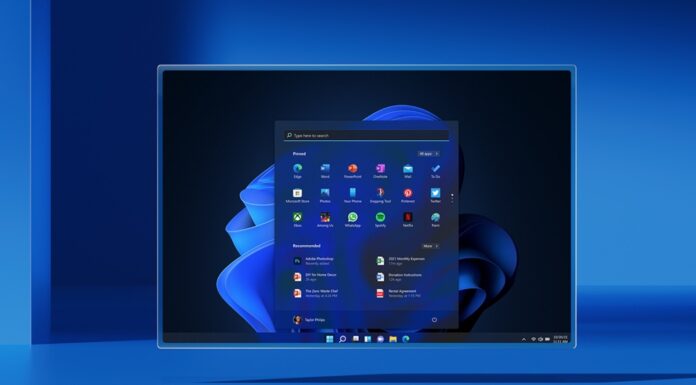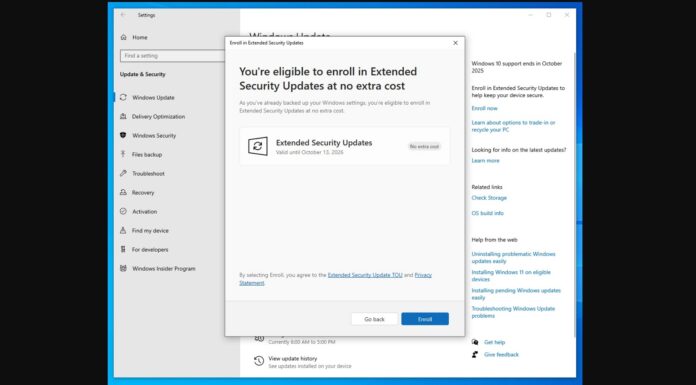Over the past few years, some reports have been popping up regarding performance issues when using Microsoft Teams on low-end Windows devices. More users have chimed in with their feedback, and it seems pretty clear at this point that Microsoft Teams is not optimized for all low-end configurations.
In a new status update on the community forum, Microsoft has confirmed that it’s considering performance improvements for Teams desktop client to cut down RAM and CPU usage.
Microsoft simply stated that it’s working on performance improvements and no details were provided.
It’s not a secret that Microsoft Teams is not optimized for all configurations and it feels laggy on devices with HDD, according to several user reports. It’s unclear what causes performance issues, but it’s finally confirmed that this is something that the company is well aware of.
New offline experience
In addition to performance improvements, Microsoft Teams is also gaining a new feature that will help users stay connected without an active internet connection. The new experience is called “Offline” mode and it will begin rolling out in the coming weeks.
This new offline mode is designed for both Microsoft Teams desktop and web clients. As part of phase one rollout, Microsoft Teams will automatically send the messages once you’re connected to the internet within 24 hours.
Currently, messages are not delivered when your device is disconnected from an active internet connection. When this happens, users are prompted to retry and delete the messages.
After the new offline mode update, Microsoft will add those unsent messages in a queue for up to 24 hours. If your message is not delivered for more than 24 hours, you’ll need to send the message again.
By the end of February, you can also edit the unsent messages, which should help ensure that your colleagues receive the latest message.

